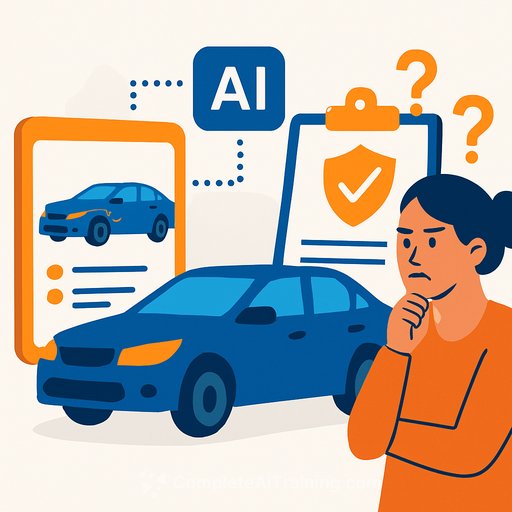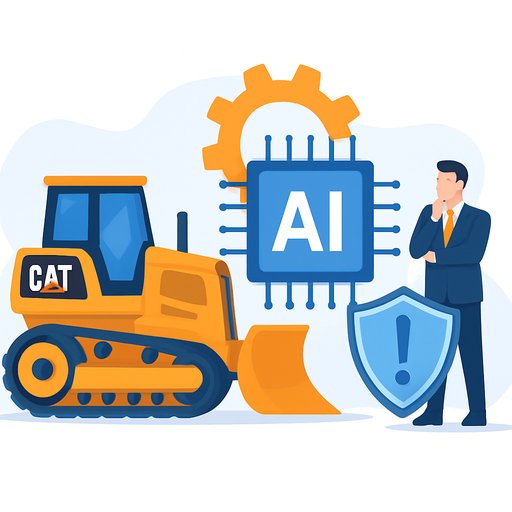The Controversy Around Hertz’s AI Car Scanners
The recent debate over Hertz’s AI car scanners charging renters for tiny, barely visible dents has taken a new turn. An Israeli startup now offers insurers a smartphone-based AI tool to detect invisible vehicle damage. This innovation could reshape how policy claims and customer disputes are handled across the country.
How Smartphone AI Scans Reveal Invisible Damage
Click-Ins’ AI technology, developed over seven years, skips the need for traditional inspection tunnels. Policyholders get a web link to take eight 360-degree photos of their vehicle using a smartphone. The AI algorithm removes reflections, dirt, and shadows to uncover scratches, dents, or corrosion that the human eye might miss.
Unlike Hertz’s camera tunnels, this method requires no special equipment—just a standard smartphone camera. For insurers, this means creating a digital “baseline” of a car’s condition before a policy starts. When a claim is filed, the AI compares new photos to this baseline and automates damage assessment. According to the CEO, Josh Parsons, minor incidents like drive-through scrapes don’t need an adjuster’s visit. This leads to faster claims processing and lower labor costs.
Insurance, Auctions & Dealerships: Sector-Wide Impact
The technology’s reach goes beyond insurance claims:
- Vehicle Auctions: Companies like Manheim or Copart could document car conditions quickly, replacing manual inspections.
- Transport Firms: Businesses such as Montway or Sherpa can use AI scans to record vehicle condition before and after shipping.
- Dealerships: Trade-in evaluations become more efficient as AI detects prior repairs or flood damage.
Industry experts raise ethical concerns. Although the technology cuts costs, it could also lead to unfair penalties—charging drivers for pre-existing damage or disputing valid claims. Forbes highlighted these challenges with AI-powered insurance tools, emphasizing the need for transparency in automated decisions. Balancing efficiency with fairness remains a key issue as AI alters vehicle assessments.
Must Know
- How accurate is smartphone-based AI damage detection?
Click-Ins claims 99% accuracy in lab tests by filtering out environmental noise like glare and dirt. Real-world results may vary depending on photo quality and lighting. - Will this replace human insurance adjusters?
Partially. AI handles minor claims (scratches under 6 inches), allowing adjusters to focus on complex cases. Serious collisions still require in-person evaluations. - Can dealerships use this tool for used cars?
Yes. It helps identify paintwork issues, past accidents, or alignment problems—important factors for pricing trade-ins. - Is my data secure?
Click-Ins states that images are encrypted and deleted after analysis, complying with GDPR and CCPA standards.
Your membership also unlocks:





